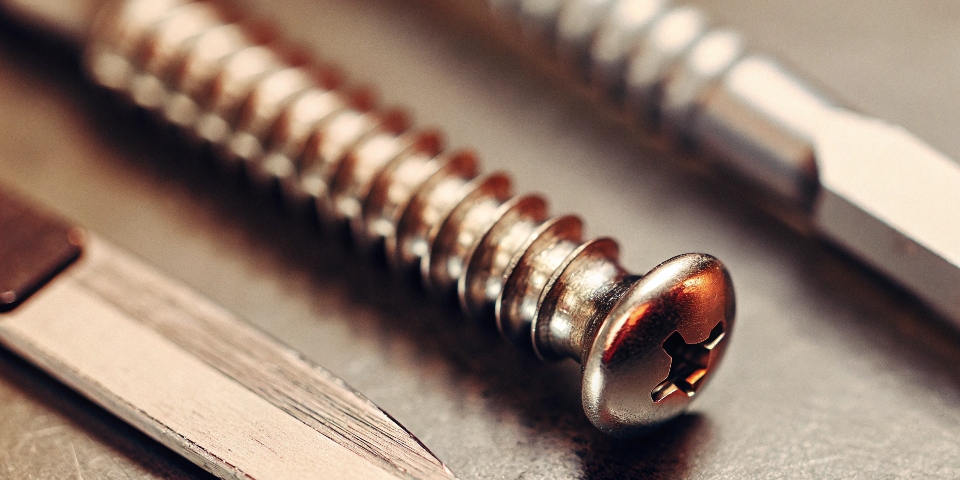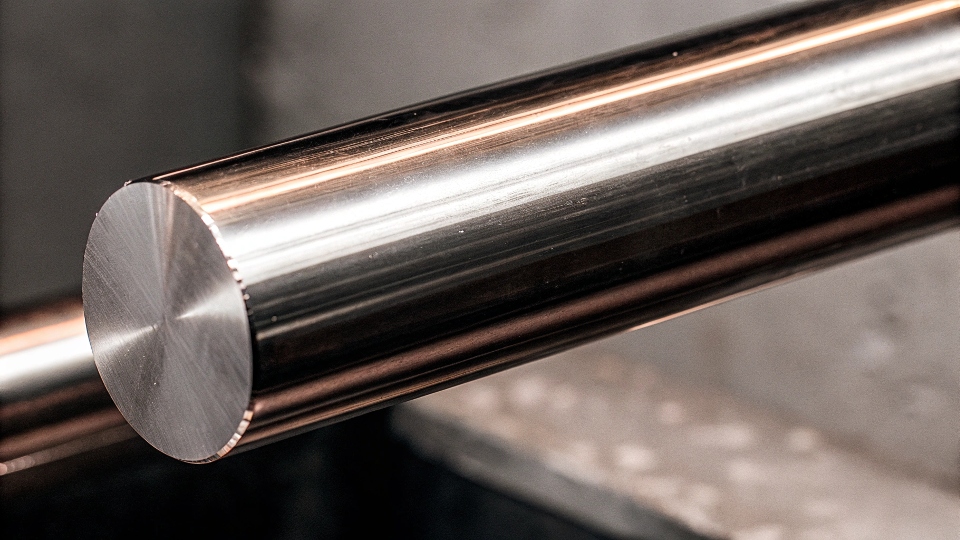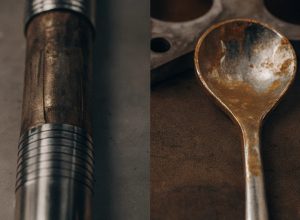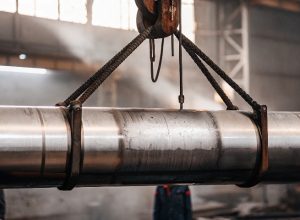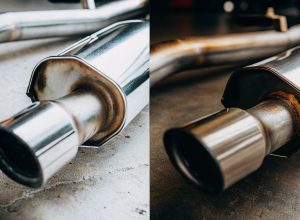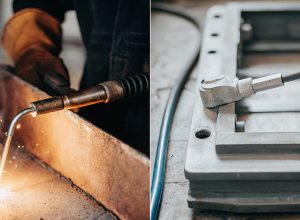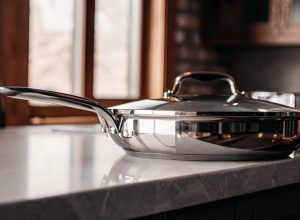Struggling to tell medical metals apart? You need the right material, but the terms "surgical steel" and "titanium" can be confusing. You need clarity to make the right choice.
No, surgical steel and titanium are not the same. Titanium is a pure, lightweight element prized for its biocompatibility. Surgical steel is a specific type of stainless steel alloy, which is heavier and contains other metals like nickel.
Choosing the right material is a critical decision, especially in the medical and industrial fields. I’ve worked with many procurement managers, like David in Germany, who need to source specialty metals under tight deadlines. For him, a mistake in material choice can delay an entire production schedule. These details really matter. Let’s break down the key differences to help you select the best material for your needs with confidence. Understanding these distinctions will make your job easier and ensure your projects succeed.
Is it better to get surgical steel or titanium?
You are choosing between two very strong materials. The wrong one could cause allergic reactions or performance issues. You need to know which one truly fits your application best.
Titanium is generally better for long-term body implants and for people with sensitive skin. This is due to its excellent biocompatibility1 and lack of nickel. Surgical steel is a great, cost-effective choice for temporary devices and surgical tools.
When deciding between these two, the application is everything. I recently helped a client in the United States who manufactures orthopedic implants. They were evaluating both 316L surgical steel2l](https://en.wikipedia.org/wiki/Surgical_stainless_steel)[^3] and medical-grade titanium3. The steel was less expensive, which was attractive. But the risk of nickel sensitivity4 in patients was a big problem for them. We talked about how titanium is inert, meaning it doesn’t react with human tissue. This quality makes it the top choice for anything that will stay inside the body for a long time. For this client, patient safety was more important than the higher initial cost of titanium. The decision was easy after our talk.
Biocompatibility
Titanium is one of the most biocompatible metals. The body does not see it as a foreign object, which is why it’s used for hip replacements and dental implants. Surgical steel is safe for most people, but the nickel it contains can cause problems for those with allergies.
Cost vs. Performance
Surgical steel is cheaper to produce. It’s a reliable workhorse for tools like scalpels and forceps that don’t stay in the body. Titanium costs more to source and machine. But for permanent implants, its performance and safety are worth the investment.
| Feature | Titanium | Surgical Steel (316L) |
|---|---|---|
| Biocompatibility | Excellent | Good (Nickel risk) |
| Weight | Very Light | Heavy |
| Corrosion Resistance | Superior | Very Good |
| Cost | Higher | Lower |
| Best Use | Implants, Piercings | Surgical Tools |
Is titanium considered surgical steel?
You hear these terms used in the medical industry. Sometimes they are mixed up. This can cause confusion and lead to ordering the wrong material for a critical job.
No, titanium is never considered surgical steel. They are completely different materials. Titanium is a pure elemental metal. Surgical steel is an iron-based alloy, meaning it’s a mix of several metals.
This is one of the most common questions I get from new clients. I remember talking with David, the procurement manager from Germany, for the first time. He sent an inquiry for "titanium surgical steel," and I knew right away we needed to talk. I explained that titanium is a unique element, number 22 on the periodic table. It’s famous for its incredible strength-to-weight ratio. It’s as strong as steel but about 45% lighter.
What is Titanium?
Titanium (chemical symbol Ti) is a metal known for being lightweight, strong, and exceptionally corrosion-resistant. In its pure form or as an alloy, it is non-toxic and does not react with the human body. This is why we supply so many titanium bars and forgings for medical implants.
What is Surgical Steel?
Surgical steel, on the other hand, is a specific type of stainless steel. It is an alloy, with its main ingredient being iron. It also contains chromium for rust resistance and nickel for stability and formability. The material’s properties come from this specific recipe. When David understood they were fundamentally different, he could refine his specs. He needed the light weight and corrosion resistance of titanium, not the properties of steel.
What is another name for surgical steel?
You are trying to source surgical steel for a project. You keep seeing different names and codes. This can be confusing and you worry about ordering the wrong grade for medical use.
Another common name for surgical steel is "medical-grade stainless steel." Specific grades are often named, with the most popular being 316L and 317L stainless steel. These terms are used interchangeably in the industry.
When my clients from hospitals or surgical tool companies ask for surgical steel, they often use the term "medical stainless steel." But to get the order right, we must be more specific and talk about the grade. The most common grade we export is 316L. It’s important to understand what these codes mean because they guarantee performance.
Common Industry Names
In conversations and on purchase orders, you will see "surgical steel," "medical stainless steel," and the specific grade number used to mean the same thing. However, for technical and certification purposes, the grade is the most important piece of information.
Understanding the Grades
The "L" in 316L stands for "low carbon." This is a critical detail. Having low carbon content improves the steel’s resistance to corrosion, especially after it has been welded. Surgical instruments are often sterilized in an autoclave with high heat and steam. A low-carbon grade prevents decay and ensures the tool remains sterile and strong over its lifetime. I always make sure my clients understand why they are choosing a specific grade. It’s not just a name; it’s a promise of safety and reliability.
Is titanium or surgical steel better for the belly?
You want to get a belly button piercing. You want it to heal quickly and look great. Choosing the wrong metal, however, can lead to a painful infection and ugly skin irritation.
For belly piercings, titanium is much better than surgical steel. It is highly biocompatible and completely nickel-free. This greatly reduces the risk of allergic reactions and helps the piercing heal faster. Surgical steel can contain nickel, a common allergen.
While my company primarily supplies industrial metals, we also have clients who are high-end jewelry makers in Europe. They are very clear on this topic. For any new piercing, especially in a sensitive area like the navel, titanium is the best choice.
The Nickel Problem
The main issue with surgical steel for new piercings is nickel. Even high-quality 316L grade steel contains a small amount of nickel. For most uses, this is fine. But a fresh piercing is an open wound, and the body becomes extra sensitive. The nickel can slowly leach out from the steel and trigger a bad allergic reaction. This can cause redness, itching, swelling, and a much longer healing time.
Why Titanium Heals Better
Implant-grade titanium does not contain nickel. It is an inert metal, which means your body doesn’t see it as a threat and doesn’t try to fight it. This allows the piercing to heal cleanly and quickly without any complications. Many professional piercers will only use titanium jewelry for initial piercings for this very reason. For a happy, healthy belly piercing, titanium is the safest and most reliable option out there. It provides peace of mind while your body heals.
Conclusion
In short, titanium and surgical steel are different materials. Titanium is superior for implants and piercings due to its biocompatibility. Surgical steel is a cost-effective option for tools.
-
Learn about biocompatibility and why it’s crucial for materials used in the human body. ↩
-
Find out the specific properties of 316L surgical steel and its applications in surgery. ↩
-
Understand the significance of medical-grade titanium in healthcare and its applications. ↩
-
Learn about nickel sensitivity and its implications for patients using surgical steel. ↩


